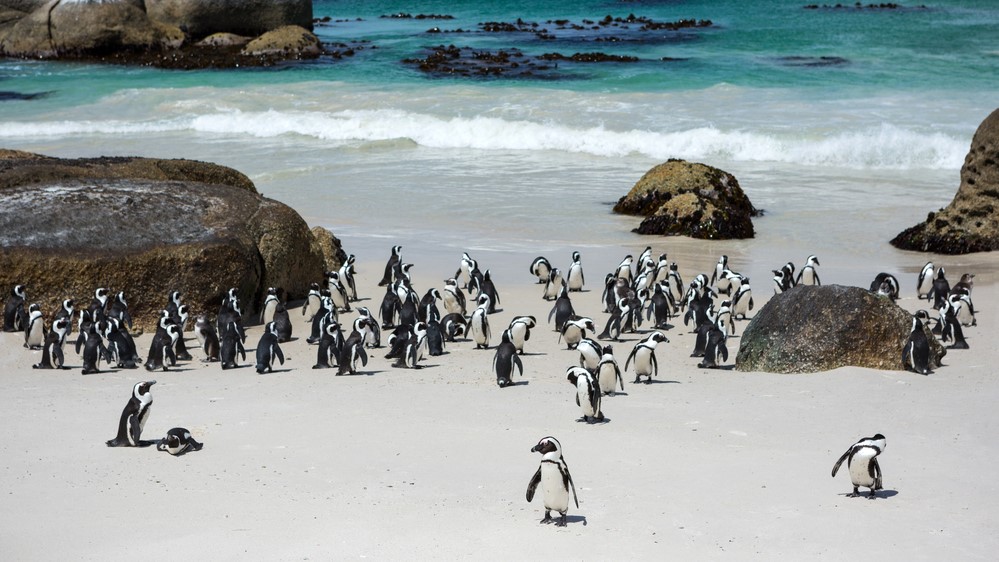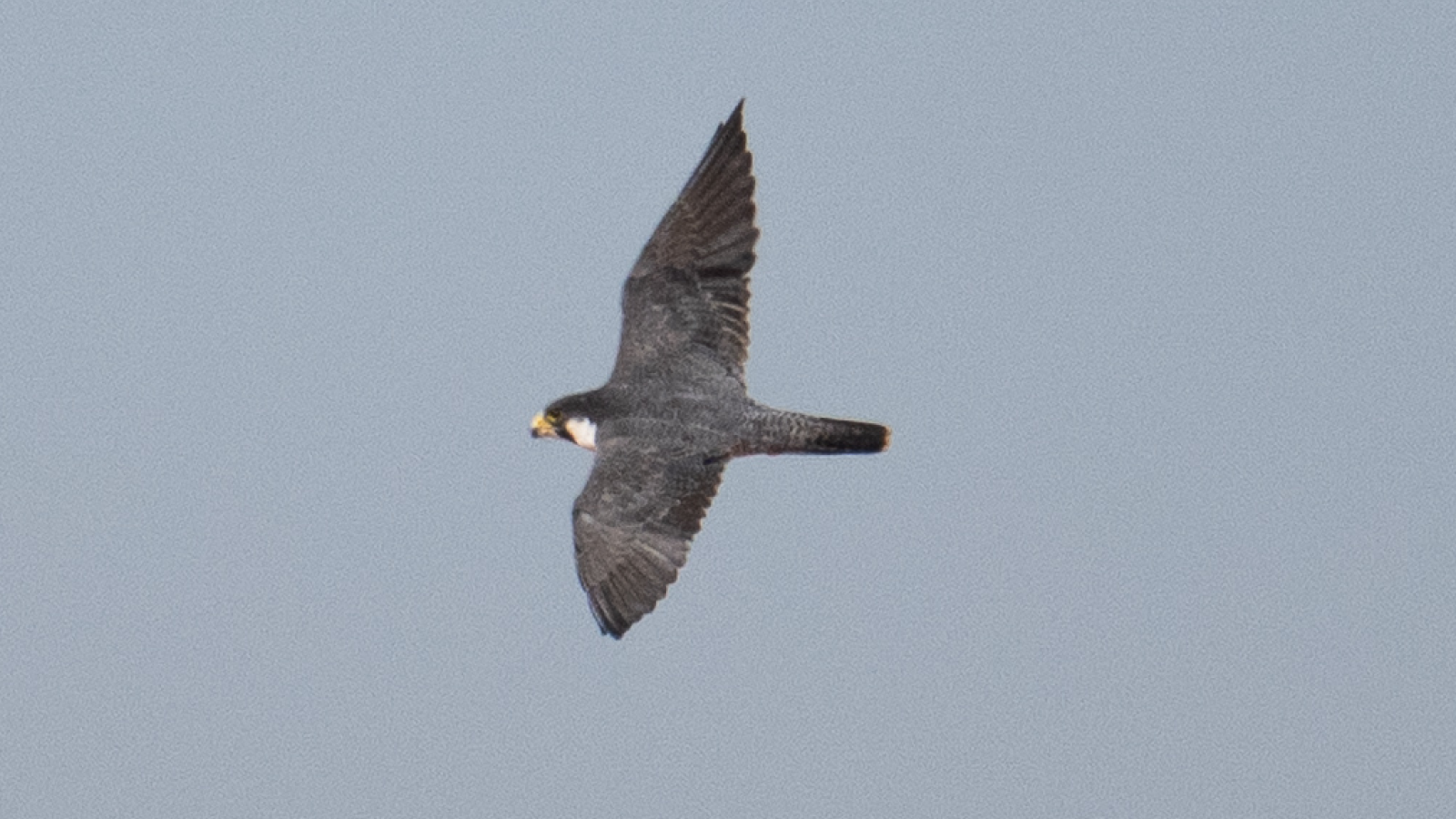Dozens of endangered penguins killed after being stung in the eyes by swarming honeybees
A total of 64 African penguins were killed in the unfortunate incident.
Get the world’s most fascinating discoveries delivered straight to your inbox.
You are now subscribed
Your newsletter sign-up was successful
Want to add more newsletters?

Delivered Daily
Daily Newsletter
Sign up for the latest discoveries, groundbreaking research and fascinating breakthroughs that impact you and the wider world direct to your inbox.

Once a week
Life's Little Mysteries
Feed your curiosity with an exclusive mystery every week, solved with science and delivered direct to your inbox before it's seen anywhere else.

Once a week
How It Works
Sign up to our free science & technology newsletter for your weekly fix of fascinating articles, quick quizzes, amazing images, and more

Delivered daily
Space.com Newsletter
Breaking space news, the latest updates on rocket launches, skywatching events and more!

Once a month
Watch This Space
Sign up to our monthly entertainment newsletter to keep up with all our coverage of the latest sci-fi and space movies, tv shows, games and books.

Once a week
Night Sky This Week
Discover this week's must-see night sky events, moon phases, and stunning astrophotos. Sign up for our skywatching newsletter and explore the universe with us!
Join the club
Get full access to premium articles, exclusive features and a growing list of member rewards.
In a bizarre incident, 64 endangered African penguins (Spheniscus demersus) have been killed in South Africa after being stung in and around their eyes by Cape honeybees (Apis mellifera capensis).
Rangers from the South African National Parks organization (SANParks) discovered 63 of the 64 dead penguins among a colony near Cape Town in Table Mountain National Park on Friday, Sept. 17. African penguins are a protected species in South Africa and are currently listed as endangered on the International Union for Conservation of Nature (IUCN) Red List, with around 42,000 mature individuals globally.
"The deaths occurred suddenly sometime between Thursday afternoon and Friday morning," SANParks said in a Facebook post. "No external physical injuries were observed on any of the birds."
Related: The 10 weirdest medical cases in the animal kingdom
The dead birds were transported to the Southern African Foundation for the Conservation of Coastal Birds (SANCCOB) for necropsies (animal autopsies) to determine why so many penguins had suddenly died.
"After tests, we found bee stings around the penguins' eyes," David Roberts, a clinical veterinarian at SANCCOB, told French news agency AFP. "There were also dead bees on the scene."
The leading hypothesis is that a swarm of Cape honeybees attacked the penguin colony, although it is unclear why the bees attacked the penguins or why they stung them particularly around their eyes, SANParks said.
Get the world’s most fascinating discoveries delivered straight to your inbox.
"This is a very rare occurrence," Roberts said. "We do not expect it to happen often, it's a fluke."
Another dead penguin with stings around its eyes was discovered on Saturday morning (Sept. 18) at a nearby beach; that penguin likely died from the initial bee attack and not during a second attack, SANParks said.
"No more dead African penguins were found on site today, and we will continue to monitor the situation," Alison Kock, a marine biologist at SANParks, said in the statement on Saturday.
Originally published on Live Science.

Harry is a U.K.-based senior staff writer at Live Science. He studied marine biology at the University of Exeter before training to become a journalist. He covers a wide range of topics including space exploration, planetary science, space weather, climate change, animal behavior and paleontology. His recent work on the solar maximum won "best space submission" at the 2024 Aerospace Media Awards and was shortlisted in the "top scoop" category at the NCTJ Awards for Excellence in 2023. He also writes Live Science's weekly Earth from space series.
 Live Science Plus
Live Science Plus











